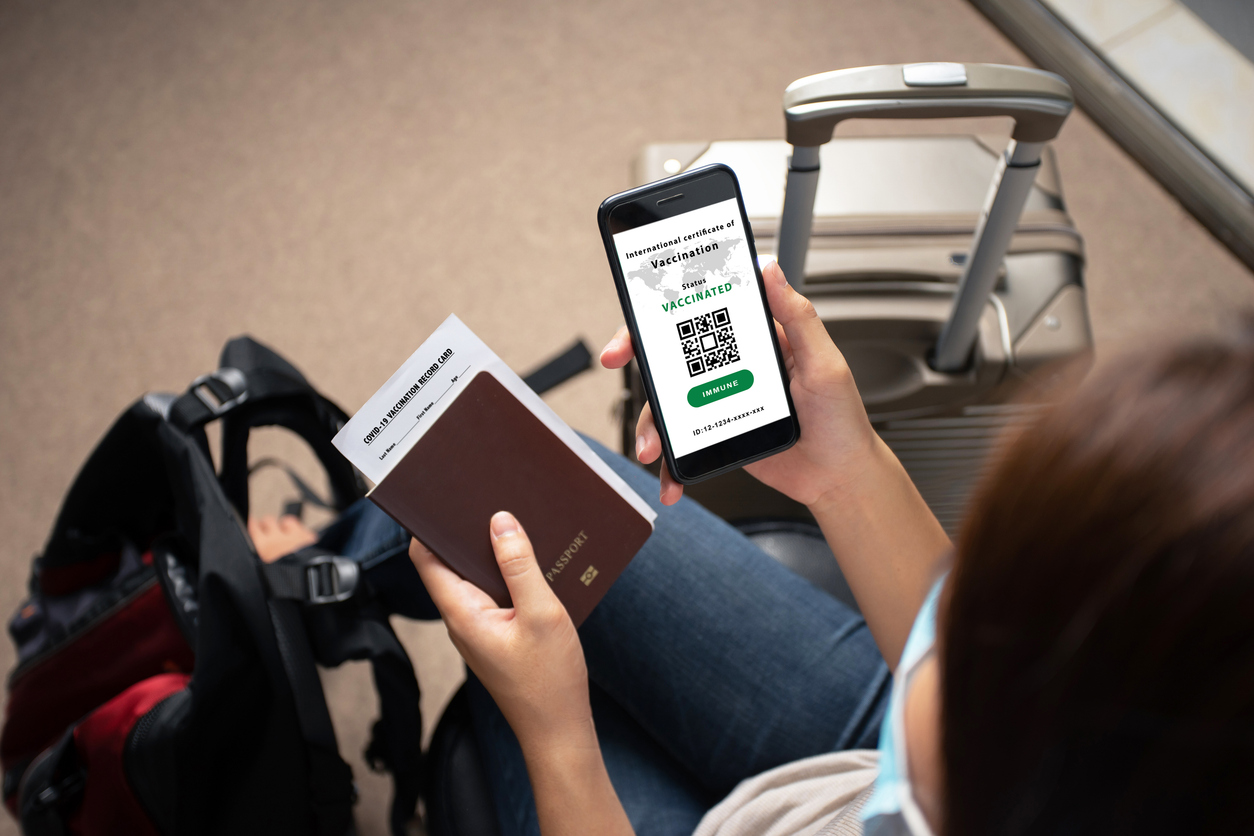
Traveling is an exciting adventure, but it can also come with unexpected challenges. From finding the best deals to packing efficiently, knowing a few travel hacks can make your trip smoother and more enjoyable. Whether you’re a seasoned traveler or planning your first trip, these essential travel hacks will help you save time, money, and effort on your next journey.
1. Book Flights at the Right Time
Timing is key when it comes to finding affordable flights. Airlines often adjust their prices based on demand, so booking at the right time can save you hundreds of dollars.
How to find the best deals:
- Book midweek: Flights tend to be cheaper if booked on Tuesdays or Wednesdays because fewer people are buying tickets during the week.
- Use fare comparison tools: Websites like Google Flights, Skyscanner, and Momondo allow you to compare flight prices across multiple airlines to find the best deals.
- Set up price alerts: Sign up for price alerts on fare comparison websites, which notify you when flight prices drop for your preferred route.
Pro tip:
- Avoid booking flights too far in advance or too close to your travel dates. The sweet spot for finding deals is usually around 6-8 weeks before departure.
2. Use Incognito Mode When Searching for Flights
Airlines and booking sites often use cookies to track your searches, and prices may increase if you repeatedly search for the same flight. To avoid this, use incognito or private browsing mode when searching for flights online.
How it works:
- Open a new incognito window on your browser.
- Search for flights as usual without worrying about inflated prices.
Pro tip:
- Clear your browser cookies if you’re not using incognito mode to ensure you see the lowest prices available.
3. Pack Smart with the Right Tools
Packing efficiently can save you from excess baggage fees and make your trip less stressful. Investing in a few travel tools can make a big difference.
Packing hacks:
- Use packing cubes: These help organize your belongings and compress your clothing, making it easier to pack and find items in your suitcase.
- Roll, don’t fold: Rolling your clothes instead of folding them not only saves space but also helps prevent wrinkles.
- Use a personal item strategically: Most airlines allow one personal item in addition to a carry-on. Use a large backpack or tote to carry essentials like electronics, snacks, and extra clothing.
Pro tip:
- Invest in a portable luggage scale to ensure your bags meet the airline’s weight requirements, avoiding extra fees at the airport.
4. Maximize Carry-On Space
If you want to avoid checked baggage fees, learning how to maximize your carry-on space is essential. By using the space efficiently, you can pack more while staying within size and weight limits.
Tips to maximize carry-on space:
- Wear bulky items: Jackets, boots, and other bulky clothing take up too much space in your suitcase. Wear them on the plane to free up room in your carry-on.
- Utilize all pockets: Make sure you’re using every pocket, including those in your jacket or backpack, for smaller items like chargers, snacks, or toiletries.
- Stuff shoes: Fill your shoes with small items like socks, underwear, or chargers to utilize every bit of space.
Pro tip:
- If you’re traveling light, consider investing in a convertible carry-on backpack with multiple compartments to keep everything organized.
5. Save on Accommodations with Alternatives to Hotels
Hotels can be one of the biggest expenses when traveling. Opting for alternative accommodations like vacation rentals, hostels, or even house sitting can significantly reduce your costs.
Affordable accommodation options:
- Airbnb and vacation rentals: Renting an apartment or a room is often cheaper than staying in a hotel, especially for longer stays.
- Hostels: Hostels are budget-friendly, and many offer private rooms in addition to dormitory-style accommodations.
- House sitting: Platforms like TrustedHousesitters allow you to stay in someone’s home for free in exchange for taking care of their pets or property while they’re away.
Pro tip:
- Consider booking accommodations with kitchen access so you can save money by cooking your own meals.
6. Download Offline Maps
Avoid getting lost or using expensive international data by downloading maps for offline use before you leave home. This ensures you can navigate foreign cities even without internet access.
How to download offline maps:
- Google Maps: Search for the area you’re visiting, tap the menu, and select “Download offline map” to save it to your phone.
- Maps.me: This app allows you to download maps by region and includes points of interest, walking paths, and public transport routes.
Pro tip:
- Download maps for both your destination and any transit points like airports or bus terminals to ensure smooth navigation during your trip.
7. Use Public Transportation
Taxis and ride-hailing services can add up quickly, especially in cities where traffic is heavy. Opting for public transportation can save money and often provide a more authentic travel experience.
How to use public transport efficiently:
- Research in advance: Before your trip, research the public transportation options available at your destination. Many cities have affordable metro, bus, or tram systems that are easy to navigate.
- Get transit passes: If you’ll be staying in one place for an extended period, look into purchasing a day pass or weekly transit card, which can save you money on individual fares.
Pro tip:
- Many cities offer apps or websites that track real-time public transit schedules, making it easy to plan your routes on the go.
8. Take Advantage of Free Wi-Fi
Using international data can be costly, so take advantage of free Wi-Fi wherever you can. Many airports, cafes, and even city centers offer free access to Wi-Fi networks.
Where to find free Wi-Fi:
- Cafes and restaurants: Chains like Starbucks or McDonald’s often provide free Wi-Fi for customers.
- Public spaces: Many cities now offer free Wi-Fi in parks, museums, and other public areas.
- Accommodations: Most hotels, hostels, and Airbnb rentals provide complimentary Wi-Fi for guests.
Pro tip:
- Use apps like Wi-Fi Map to locate free Wi-Fi hotspots near you.
9. Use Travel Apps to Save Money
There are numerous travel apps designed to help you save money on flights, accommodation, activities, and even food.
Must-have travel apps:
- Hopper: This app predicts the best time to book flights and hotels, helping you find deals.
- HotelTonight: Offers last-minute hotel deals at discounted prices.
- Splitwise: Great for group travel, Splitwise helps track shared expenses and ensures everyone pays their fair share.
Pro tip:
- Download apps that allow you to store e-tickets, boarding passes, and confirmations to avoid printing unnecessary paper and stay organized.
10. Travel During Shoulder Season
Traveling during peak tourist season means higher prices for everything from flights to accommodation. Instead, plan your trips during shoulder season—just before or after peak season—when prices are lower and crowds are thinner.
Benefits of shoulder season:
- Lower costs: Airfare, hotels, and tours are often cheaper during shoulder season.
- Fewer tourists: Attractions are less crowded, making it easier to enjoy popular sites.
- Mild weather: Shoulder season often has pleasant weather, without the extreme temperatures of peak travel periods.
Pro tip:
- Research the best shoulder season months for your destination to take advantage of discounts while still enjoying good weather.
Traveling doesn’t have to be stressful or expensive. By using these travel hacks—such as booking flights smartly, packing efficiently, and taking advantage of budget accommodation and public transportation—you can make the most of your trip while staying within your budget. With a little planning and flexibility, you’ll be able to enjoy amazing experiences without sacrificing comfort or overspending.







